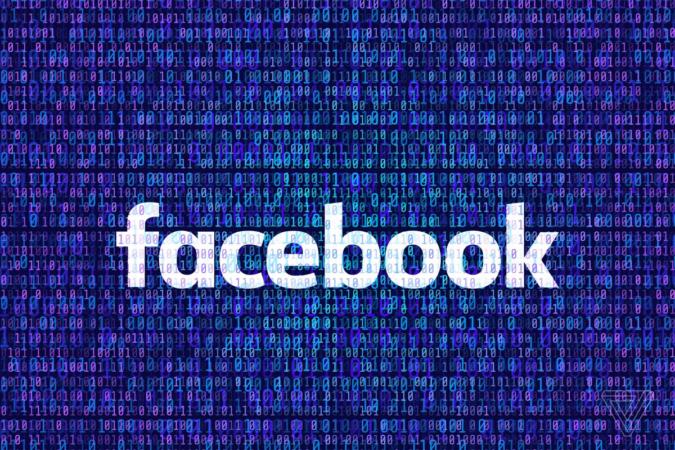Facebook announced Thursday in a blog post that it is actively curbing anti-vaccine misinformation on its platform. The company said it will be providing its users with “authoritative” information on vaccines.
Facebook said it will now remove ads that have vaccine misinformation and repeated violators’ accounts will be disabled. Groups and pages that promote anti-vaxer talking points will be subject to reduced rankings, and removed from suggested content and searches.
The policies will also extend to Instagram. Ads and other content that contain vaccine misinformation will not be suggested on the platform’s discover and hashtag pages.
Facebook is using studies and research provided by the World Health Organization and the U.S. Centers for Disease Control and Prevention to identify vaccine hoaxes in order to better keep track of misinformation campaigns.
“We also believe in providing people with additional context so they can decide whether to read, share, or engage in conversations about information they see on Facebook,” Facebook Vice President Global Policy Management Monika Bickert said in the blog post.
Other platforms including Pinterest and YouTube have implemented actions to combat the spread of vaccine misinformation. Pinterest established a health information initiative in 2017 and has since had to combat anti-vaxers and fake cancer cures. Pinterest announced last month that it is halting search results on vaccines.
Days after Pinterest’s move and a BuzzFeed article on how YouTube promotes anti-vax videos, the company announced its own plans to end the sharing of vaccine hoaxes and conspiracy theories. Now the company is replacing those ads with proven vaccine information.
Earlier this week, 18-year-old Ethan Lindenberger testified before Congress during a U.S. Senate Committee on Health, Education, Labor, and Pensions hearing, on vaccines. Lindenberger made headlines after telling how he, despite his mother’s wishes, got vaccinated for measles.
As anti-vaccination sentiments spread with heightened accessibility to the internet, health organizations are doing their best to prove accurate, truthful information on vaccines and the diseases they help to prevent.
It’s unclear whether or not other companies will follow Facebook and Pinterest and enact similar policies, but the role of tech on this issue is becoming more and more prominent.

